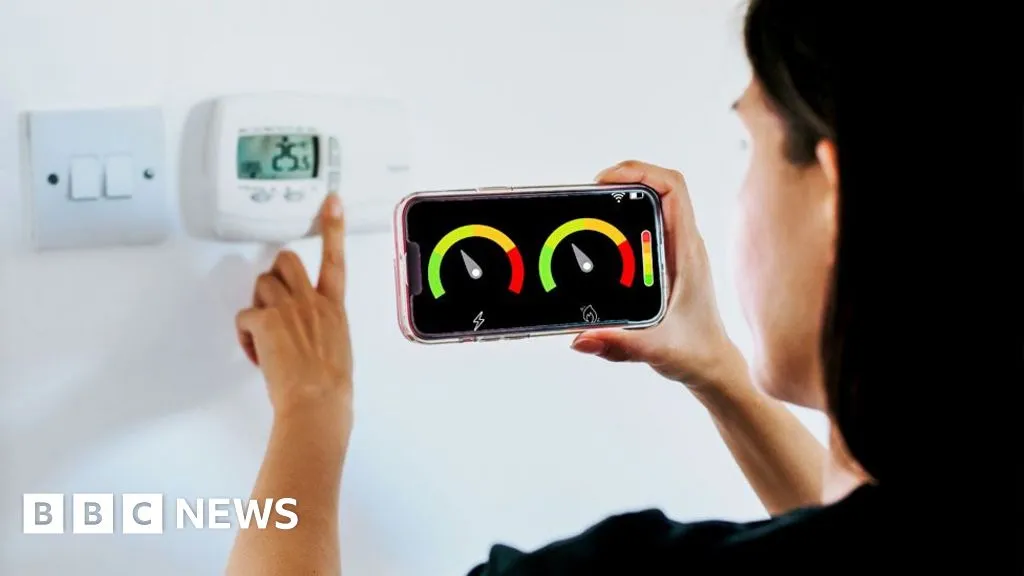- cross-posted to:
- bbc@rss.ponder.cat
- cross-posted to:
- bbc@rss.ponder.cat
When the mass roll-out started, the decision to use radio signals across northern England and Scotland - rather than the mobile technology further south - was because it was thought the signals would be able to travel far across the hills and mountains, reaching more rural communities more easily.
But Energy UK admits there are problems regarding how the radio signals transmit. “There are issues in the north,” chief executive Dhara Vyas told us.
She said there were “live conversations” within the industry about increasing the network range in the north of England and Scotland.
This technological divide has been experienced by smart meter engineers who have spoken anonymously to Panorama.
One engineer, “Ahmed” told us there were more problems in northern England and Scotland on average, adding that the technology further south was more up to date.
“You can end up going to someone’s house at the bottom of a mountain in the north and the radio frequency can’t get through. But there could be a good 3G signal nearby and that could get through - the customer doesn’t know that,” he said.
Another engineer, “Steve” working for a major energy supplier in Merseyside, who has experience of installing meters in homes on both sides of the regional divide, told us it was “far easier to complete a successful installation” in the south and Midlands where he could use the cellular network.



It’s stupid that they have to use that connection method. It should just be an additional method in the north.
…or you know, use the money spent on that network to improve phone signal.